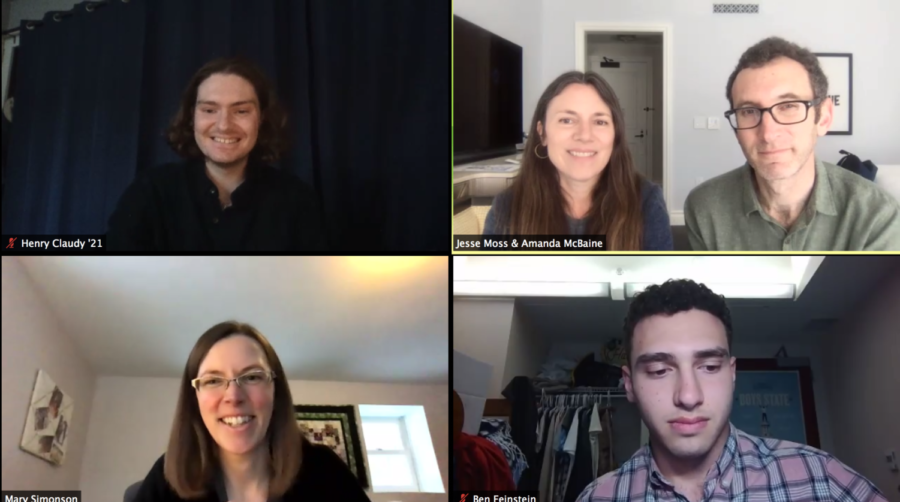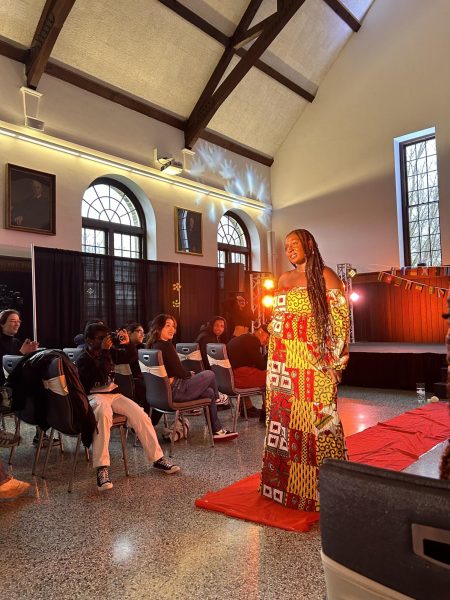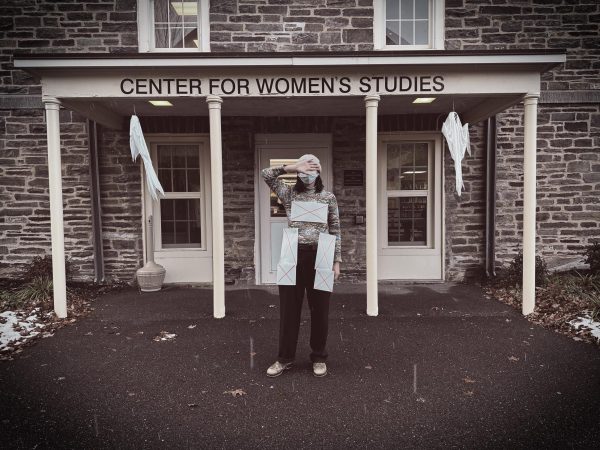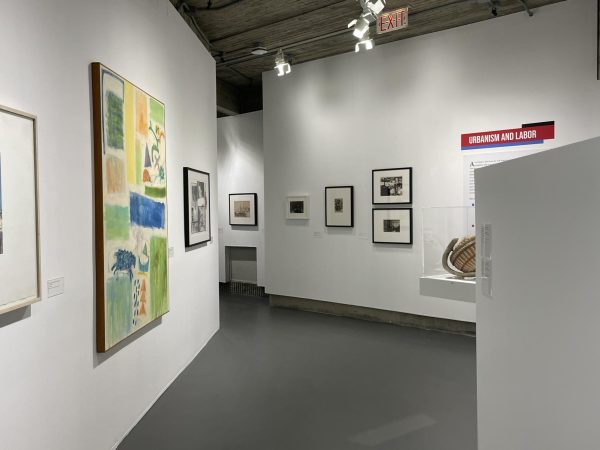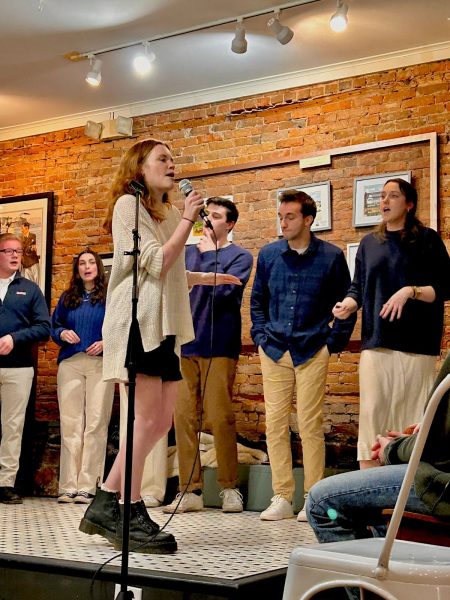“Boys State” Documentary Envisages the Next-Generation of American Politics
A microcosm of American democracy was brought to campus cinematically last week.
As part of the Friday Night Film Series, filmmakers Amanda McBaine and Jesse Moss participated in a virtual post-screening discussion regarding their award-winning documentary “Boys State” on March 5.
The documentary centers around an educational program sponsored by the American Legion, in which young men with a penchant for politics have the opportunity to experiment in governance. During the week-long program, about 1,200 seventeen-year-old boys from Texas are tasked with building a comprehensive representative government with a two-party system.
“What motivated this [documentary] was a question we’re all asking ourselves, which is, how have we gotten so divided as a country? Can we move forward from this seemingly intractable political division that we find ourselves in?” Moss said. “We wanted to know when we began the project the extent to which the norms of political discourse that we’ve experienced have trickled down, or seeped into the minds and hearts of young people.”
The film begins with a quote from George Washington in 1796: “[Political] parties are likely to become potent engines by which cunning, ambitious and unprincipled men will be enabled to subvert the power of the people and to usurp for themselves the reins of government.”
In essence, “Boys State” examines how a group of today’s politically-minded young adults fare in the face of Washington’s prediction. According to McBaine and Moss, an impetus for framing the film with Washington’s quote was to urge viewers to care about and take seriously what they’re watching.
“At the beginning, we thought it might be all Lord of the Flies, or just a goof. We were wonderfully surprised to see this seriousness emerge in the boys themselves,” Moss said. “We share that feeling of seriousness, and we want people who don’t want to burn it down but who want to build it up, and to see that tension in the program… it is the national conflict made small.”
At the start of the program, the boys are split into two political parties, labeled Federalists and Nationalists. They then proceed to establish their party platforms, elect party leadership and ultimately run against each other for the highest Boys State office in a gubernatorial election. The program’s notable alumni are plentiful, including the likes of Cory Booker, Bill Clinton and Dick Cheney.
Boys State participant Ben Fenstein, one of the documentary’s central subjects as the Federalists’ state party chair, joined the virtual discussion to answer student questions about his experience in the program and the documentary filmmaking process.
“In terms of my being on film and that changing my experience, it honestly didn’t, which I’m very grateful for. I think there were certainly some times when I’d see the camera right there and I might feel a little awkward, but 99.9% of the time I was totally in it. I knew what I was there to do. I didn’t think of myself as an actor for a film. I thought of myself as the Federalist state party chair of this program,” Feinstein said.
In a conspicuously polarized setting, the film captures the young adults’ differing responses to the ever-present temptation to machinate against each other.
“At Boys State, it was over and then we went home, but in America, we have to work with the other side,” Feinstein said. “We’re seeing over and over again in our elections and in our public discourse that we’re very willing to demonize the other side routinely in search of cheap political victories… We can project a lot onto other people that we’re dealing with ourselves and it ends up hurting everyone involved.”
With division ubiquitous throughout the film, the viewer is left to ponder whether or not “Boys State” is a harbinger of the next generation’s struggle for cohesion across the political spectrum.


